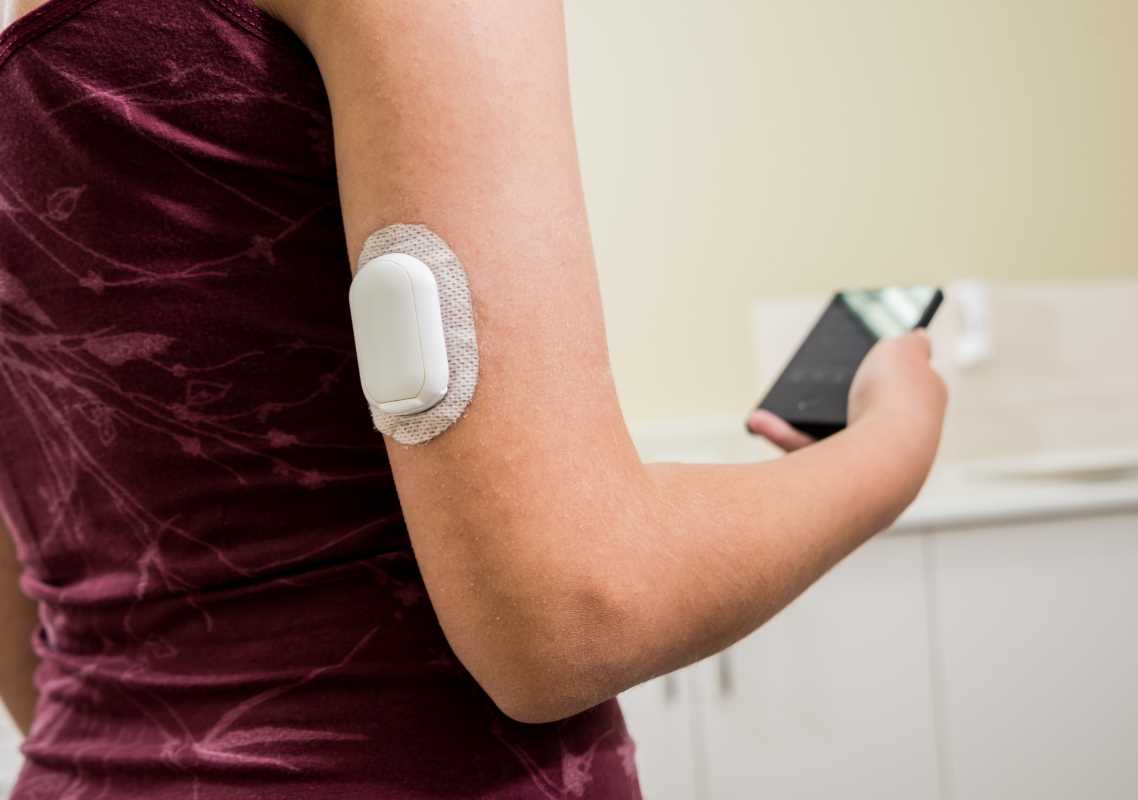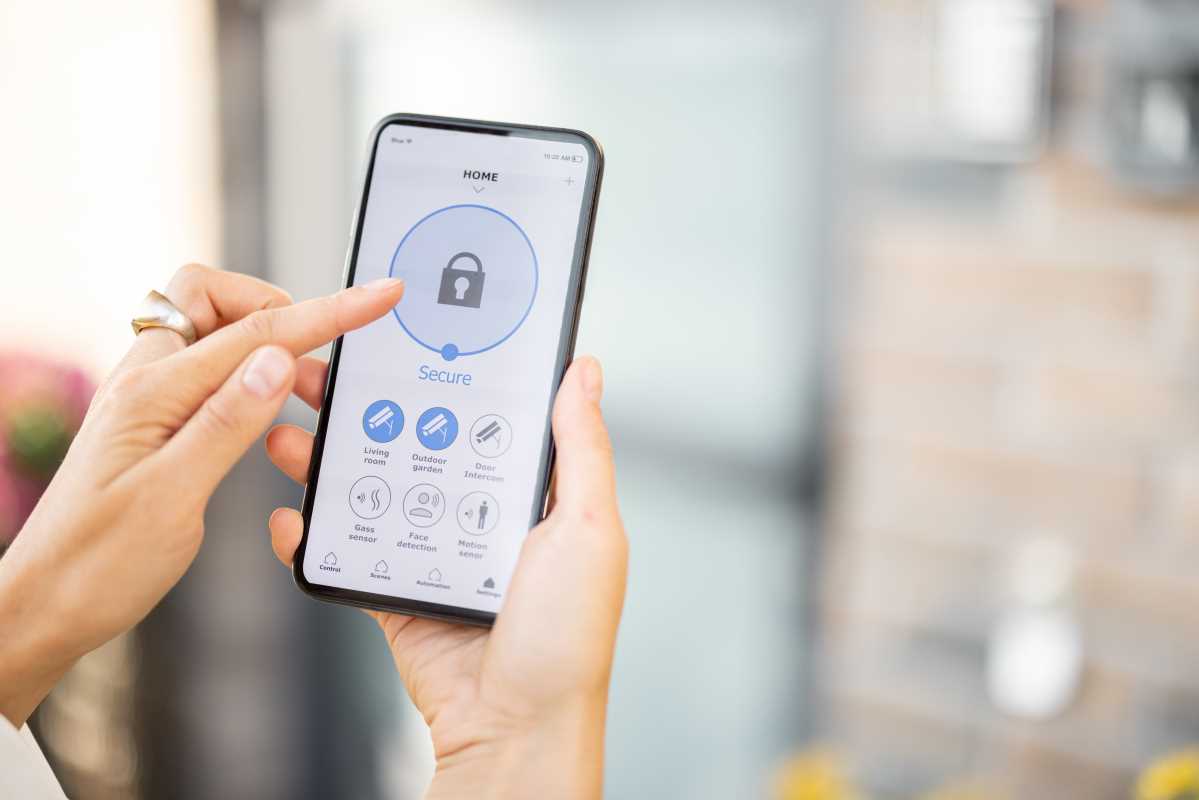Achieving weight loss and fitness goals can be an uphill battle. Tracking activities, exercise, and diet requires discipline and consistency, which can be hard for many people. Wearable devices are stepping in as game-changers, providing innovative and easy-to-use tools to support healthier lifestyles. These devices use modern technology to monitor physical activity, track calories, and even provide personalized feedback. With features designed to keep users motivated, wearables are transforming the way we approach fitness. We're highlighting how specific devices help with weight loss and fitness, discussing their features, practical applications, and the difference they make.
1. Fitbit Versa 4
Fitbit is a household name in the fitness tracking industry, and the Versa 4 is one of its most versatile models. Designed for active users, it provides detailed insights to help improve workouts and overall fitness.
Features
Fitbit Versa 4 tracks steps, heart rate, calories burned, and more. It offers real-time updates on fitness goals and includes over 40 exercise modes ranging from swimming to yoga. With built-in GPS, users can track outdoor activities like running or cycling without carrying their phones.
Weight Loss Support
This device excels in tracking calorie burn and helping users understand how their daily habits contribute to weight loss. Fitbit’s companion app also allows users to log meals and monitor their diet. A sedentary reminder helps users stay active throughout the day by prompting them to move after prolonged periods of inactivity.
Considerations
The Versa 4’s battery life is impressive, lasting up to six days. Its calorie-tracking accuracy depends on users logging their food intake consistently.
2. Apple Watch Series 8
Apple Watch Series 8 offers a sleek, comprehensive approach for those aiming to lose weight and improve fitness. Its seamless integration with Apple’s ecosystem makes it ideal for iPhone users.
Features
The Series 8 has expanded its fitness tracking capabilities with features like heart rate monitoring, advanced activity tracking, and a blood oxygen sensor. The device also includes temperature tracking, which can help users optimize workouts based on their body’s physiological signals.
Weight Loss Support
With Apple’s Fitness+ subscription, users have access to virtual workouts tailored to their goals, including weight loss programs. The Activity Rings feature keeps users motivated by encouraging them to close their Move, Exercise, and Stand rings daily. Weight loss progress is enhanced with additional tools like duration-based fitness challenges and personalized workout suggestions.
Considerations
The Apple Watch is loaded with features, but new users may find its range of options intimidating. A relatively higher price makes it best suited for users seeking long-term fitness benefits.
3. Garmin Venu 2 Plus
Garmin devices are renowned for their accuracy, particularly in tracking physical activity. The Venu 2 Plus provides a fitness and weight-loss tracking platform tailored for both beginners and seasoned enthusiasts.
Features
This smartwatch tracks essential metrics like calories burned, steps, and heart rate variability. A unique feature is its Body Battery energy monitoring, which gauges how much energy you have left for the day. Garmin Venu 2 Plus also offers guided workouts and animated exercise instructions.
Weight Loss Support
Venu 2 Plus helps users manage calorie intake through its MyFitnessPal integration. The stress-tracking feature helps users understand the role of stress in weight gain, providing relaxation tips and breathing exercises. Its sleep-tracking functionality identifies if poor sleep is affecting weight-loss efforts.
Considerations
With a battery life of up to nine days, this device is low-maintenance. Users who want a robust app variety may find Garmin’s app ecosystem less versatile compared to competitors like Fitbit and Apple.
4. Oura Ring
The Oura Ring stands out from traditional fitness trackers with its discreet design and specialized features. Its minimalist approach to supporting weight loss focuses on tracking core metrics like sleep and recovery.
Features
Designed to be worn as a ring, Oura tracks heart rate, body temperature, sleep quality, and daily movement. The ring syncs with a smartphone app to provide detailed insights into the user's readiness for physical activity. By balancing active days with rest, users can avoid burnout and maintain progress.
Weight Loss Support
Oura focuses heavily on the connection between sleep and weight loss. Poor-quality sleep can trigger stress and hormonal imbalances, leading to weight gain. By offering specific recommendations to improve recovery and rest, this wearable means users can optimize all aspects of their well-being.
Considerations
The Oura Ring doesn’t have a display or screen, so all insights are accessed via its app. Some users may feel it lacks the interactive features of traditional fitness smartwatches.
5. Whoop Strap 4.0
The Whoop Strap 4.0 is designed for users who are committed to understanding their health and fitness data in depth. Unlike traditional fitness trackers, it offers a unique focus on recovery and performance metrics.
Features
Whoop Strap doesn’t measure steps or calories in a traditional sense but concentrates on recovery, strain, and sleep performance. It calculates how much exertion users can safely handle on a given day based on how their body recovers overnight.
Weight Loss Support
By helping users train smarter—not harder—with strain metrics, Whoop optimizes calorie-burning workouts without risking injury. The device also offers a monthly performance assessment that reviews trends affecting weight loss, such as hydration levels and sleep quality.
Considerations
This device operates on a subscription model. Its niche focus on wellness and recovery means Whoop may not fit those looking purely for step counting or calorie tracking.
6. Amazfit Band 7
The Amazfit Band 7 offers a budget-friendly alternative to pricier options while still delivering impressive functionality. Designed to prioritize simplicity, this fitness tracker is perfect for weight loss beginners.
Features
Amazfit Band 7 includes features like heart rate monitoring, SpO2 (blood oxygen) tracking, sleep analysis, and more than 120 workout modes. The battery life lasts up to 18 days, making it a set-it-and-forget-it tool for daily activity tracking.
Weight Loss Support
This device tracks calorie burn, workout data, and even stress levels, offering actionable tips to stay on track. It encourages activity with daily step challenges and automatically detects specific exercises to make fitness approachable and less intimidating.
Considerations
Though it is affordable, Amazfit Band 7 lacks advanced features like GPS, so users may need an additional device for outdoor training.
 (Image via
(Image via





